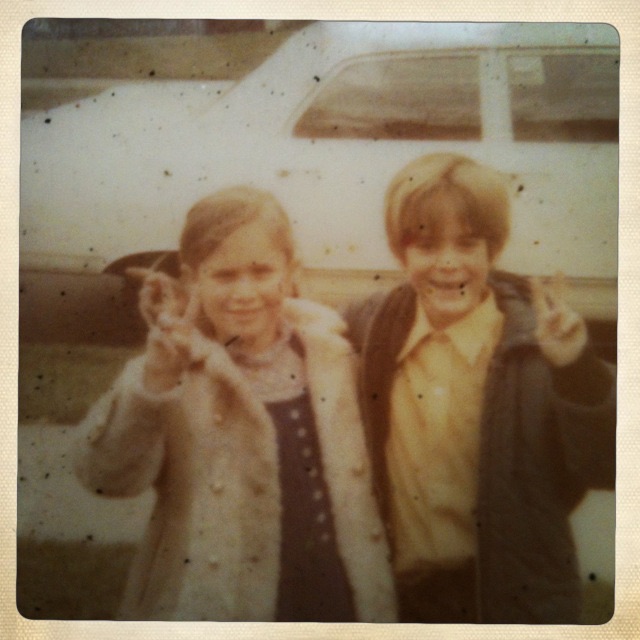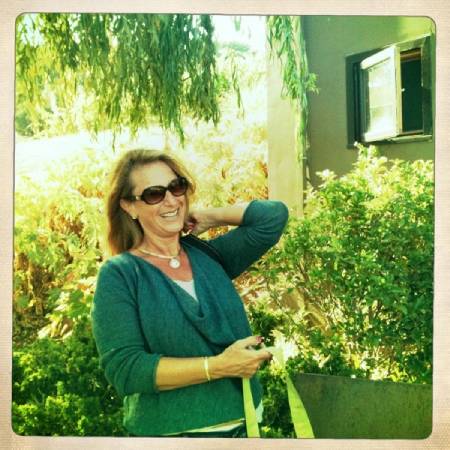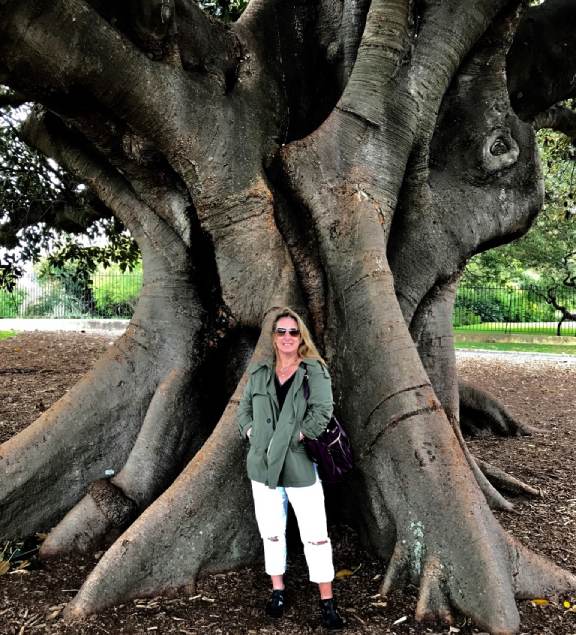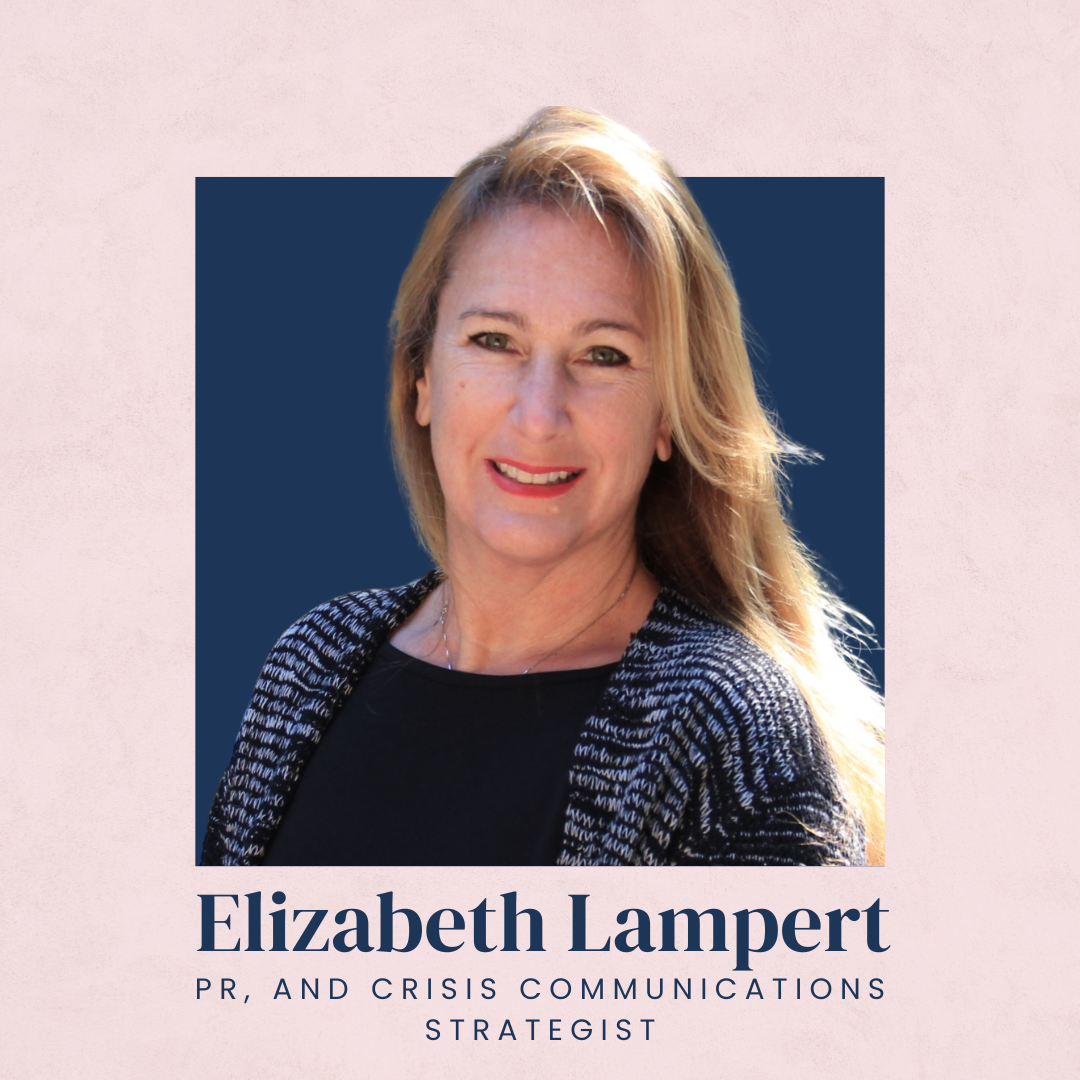CATEGORIES
Education and Life Skills | People We Admire | Women EmpowermentOverview:
- Elizabeth Lampert had the opportunity to travel the world and explore different cultures with her parents in her childhood and now takes her daughter on the same adventure.
- Elizabeth found a place where she could apply her inquisitive and communicative personality in the PR industry.
- She believes that networking is essential to succeed as a professional.
- Hard work, positivity, and gratitude define Elizabeth’s career.
1. What was your childhood like and how did that shape who you are today?
Ever since I was a little girl, I traveled a lot. My parents loved visiting different countries and getting to know people from all walks of life. During vacations, they would meet the locals, invite them for dinner, and share stories about their culture and upbringing. I remember coming home, no matter where we’d been, and realizing how much we have in the U.S., and how many people don’t fully understand our privileges as Americans.
I have Greek and Turkish heritage. I come from a very large family and growing up, many of our relatives lived close by. There was always someone taking care of us or cooking amazing, exotic meals. Now, living in California, which is very beachy and laid-back, I feel I’ve had the privilege of experiencing the world uniquely. I’m raising my daughter similarly because it meant so much to me. We’re going to Sydney, Australia, in March—her final continent, as she’s already traveled extensively. While her formal education has been great, the lessons you learn from traveling are far richer than anything taught in a classroom.
Overall, I had a wonderful childhood, filled with family, friends, and exposure to other cultures, and I wouldn’t trade it for the world. I hope everyone has the chance to get out and experience different cultures—it truly makes you a better person.

2. How did you choose to specialize in PR for the legal industry, and what led you to pursue such a niche field?
My father was an attorney, my uncle was a judge, and my brother is also currently an attorney, so the legal field wasn’t foreign to me as I began my studies. I went to college in Boulder, Colorado, and studied psychology. After college, I moved to Washington, D.C., and decided to get a paralegal certificate to explore whether I wanted to become a solicitor or attorney. During that time, I happened to be in the right place at the right time and met people who were forming the legal marketing industry. They were highly educated, creative people bringing a new perspective to the law, which appealed to my communicative nature more than the analytical side of the law. It seemed a lot more fun, and in hindsight, I realize I probably wouldn’t have been a successful lawyer—I just don’t have the personality for it.
I started attending meetings with other professionals, and that’s when I met Richard Levick, one of the most influential people in my life. I joined his company, eventually becoming an executive vice president. As the company grew, I realized I still had a passion for media and wanted to focus on that. With his support, I took some clients who needed my specific skill set and started my own firm. He really opened doors for me. Now, 23 years later, my company continues to do what I started back then, evolving with technology, of course.
My journey is a reminder that you never know where the next opportunity will come from or who will present it to you. Be grateful when it happens, and show gratitude for those moments. It’s important to lift others, especially women, and mentor them. Teaching someone what you know and watching them succeed because of the guidance you provide is incredibly rewarding. Not a day goes by that I don’t feel thankful for the opportunities I’ve had to do this work.
3. What is the most valuable lesson you’ve learned in your career?
Much of what we do is referral-based. As a PR and reputation management professional, I must ensure that my reputation remains intact. That means working with ethical, people who do great work without exploiting clients or overcharging for unnecessary services. I like to surround myself with professionals I can confidently recommend because their actions reflect on me.
It’s about putting positivity out into the world. I truly believe your next client will come from someone you’ve treated with respect, intelligence, and integrity. In such a competitive industry, it’s always an honor when I get a referral, and to maintain that trust, you have to deliver good work consistently. After nearly three decades, I’m incredibly grateful to still have people recognize and recommend me.

4. Could you share a case where your PR strategy significantly impacted a client’s public profile or business growth?
We have two standout success stories that both involved leveraging LinkedIn. The clients were from different firms and practices, but both had large followings on the platform. We developed a strategy where, twice a week, they would post not about their work or publications, but about current news, adding their professional opinions. One client, an attorney with private equity clients, began posting about how private equity was influencing the NFL. He acted as a commentator, offering insights as the story developed. We did two posts a week on this topic alone, and after a couple of months, he got two clients out of it.
Another client got invited to speak based on his postings. A well-known reporter saw his posts and invited him to join a panel. This was a huge opportunity as a general counsel, whom the client had been trying to connect with for years, was also on the panel. This led to a meaningful introduction and potential business opportunities.
While we don’t guarantee direct client acquisition, our firm promises to raise your profile and put you in front of people who may not have otherwise considered your services. PR is about creating awareness, and from there, it’s up to the individual to work their magic. We love hearing that our strategies sparked these conversations.
5. As a PR professional, what do you think is the key to communication in crises?
Clear communication in a crisis is different from other types of communication. First and foremost, you need to be transparent and truthful, but you also must avoid speaking on things you’re unsure of or making speculative statements. In a crisis, saying something prematurely or without all the facts can be catastrophic. It’s crucial to take responsibility, especially if the crisis stems from your organization or law firm.
To control the narrative, provide regular updates. If you don’t, the media may start looking for information elsewhere, which can lead to speculation and misinformation.
6. Looking back at your journey, what advice would you give your younger self when starting in public relations?
Trust your instincts. A lot of what you do in public relations is creative and emotional, so you need to trust your instincts. If something doesn’t sound right or feel right, listen to your intuition. This is a skill that develops over time, but it’s crucial. I’d also tell myself to keep reading everything that interests me because it will make the job more fun.

I love working in crisis situations—it suits my personality—but PR has many facets. For those who may not enjoy talking as much, there are plenty of other avenues like writing, content creation, or social media. I’d advise my younger self, and anyone I mentor, to find your niche, focus on what you enjoy, and either create opportunities for yourself or seek out law firms or clients who need those skills, because law firms and companies don’t know about this type of work. And with all the emerging technologies this younger generation has, their insights and ideas are incredibly valuable. I believe they need to be more confident in expressing their views.
Conclusion:
Elizabeth’s journey emphasizes the importance of finding a niche in the profession you are passionate about and building a career around it. She shares how her journey began and how she chose to be a PR specialist based on her personality and skills. She advises the younger generation to trust their instincts and be more confident.


